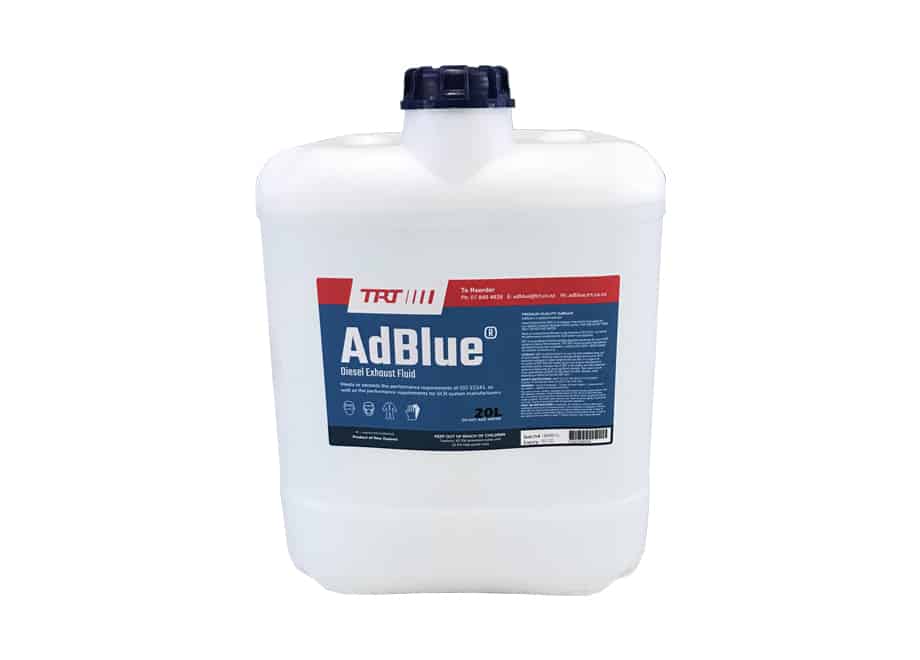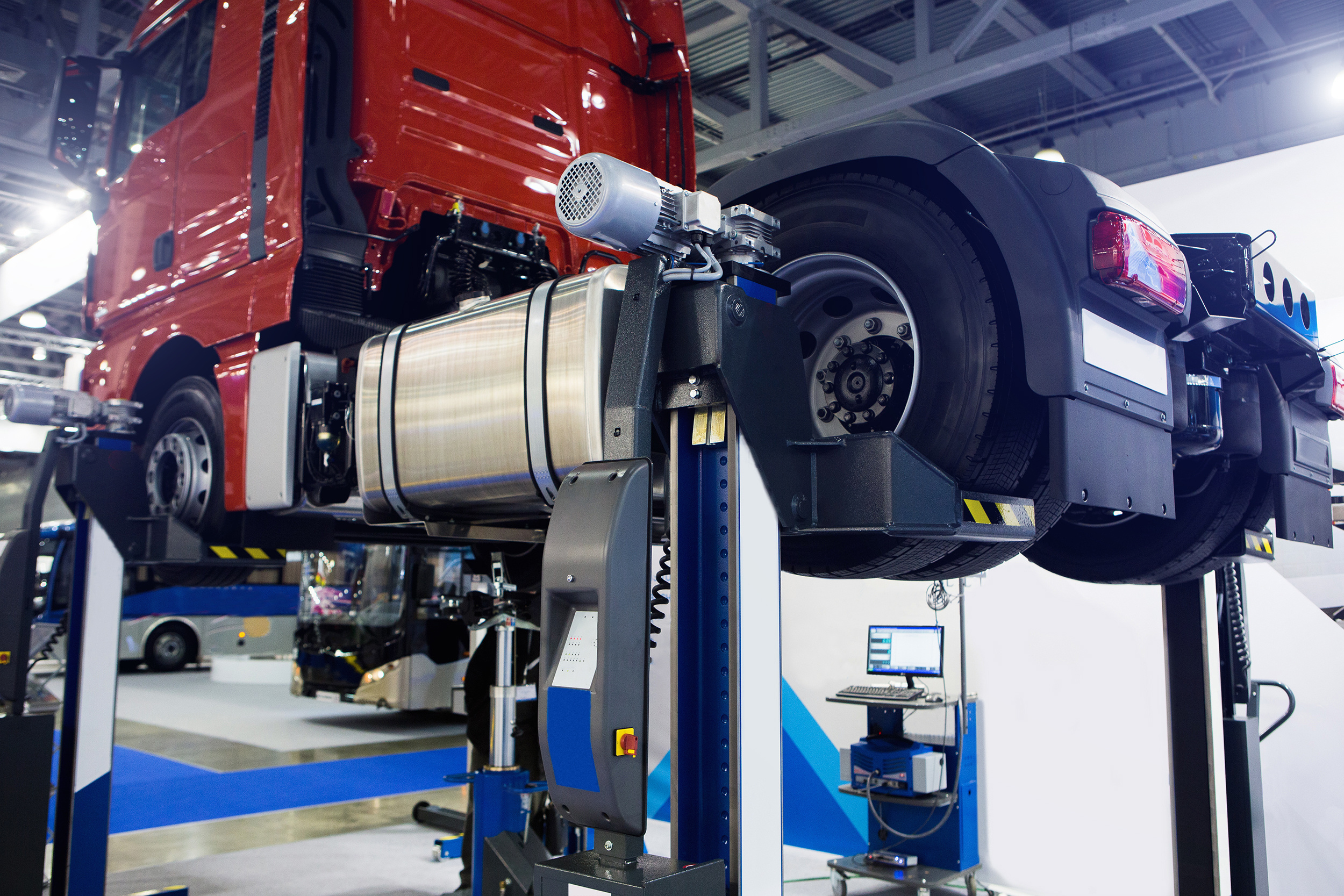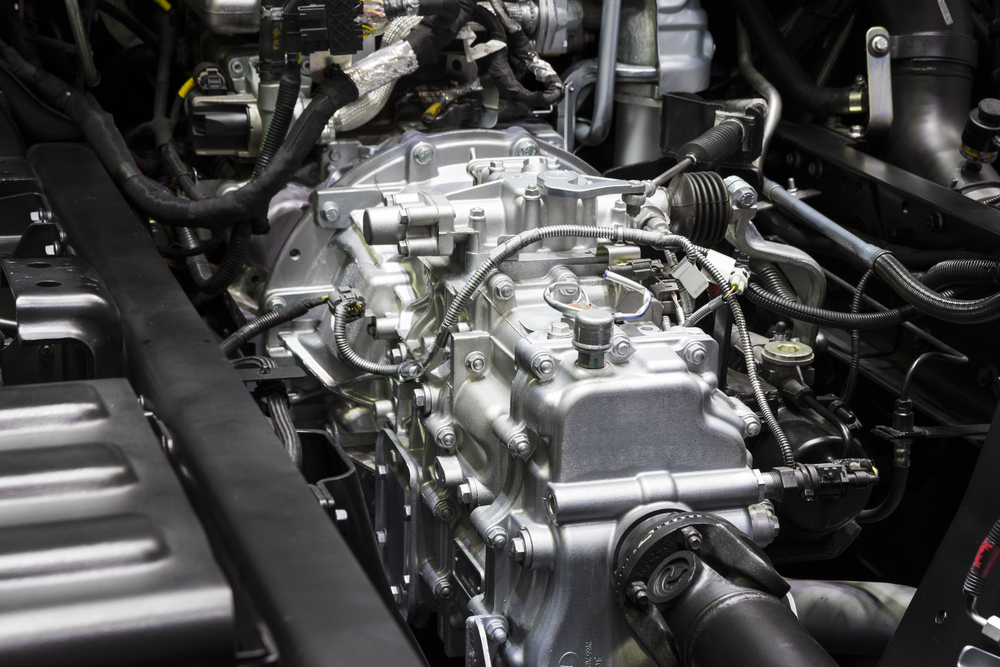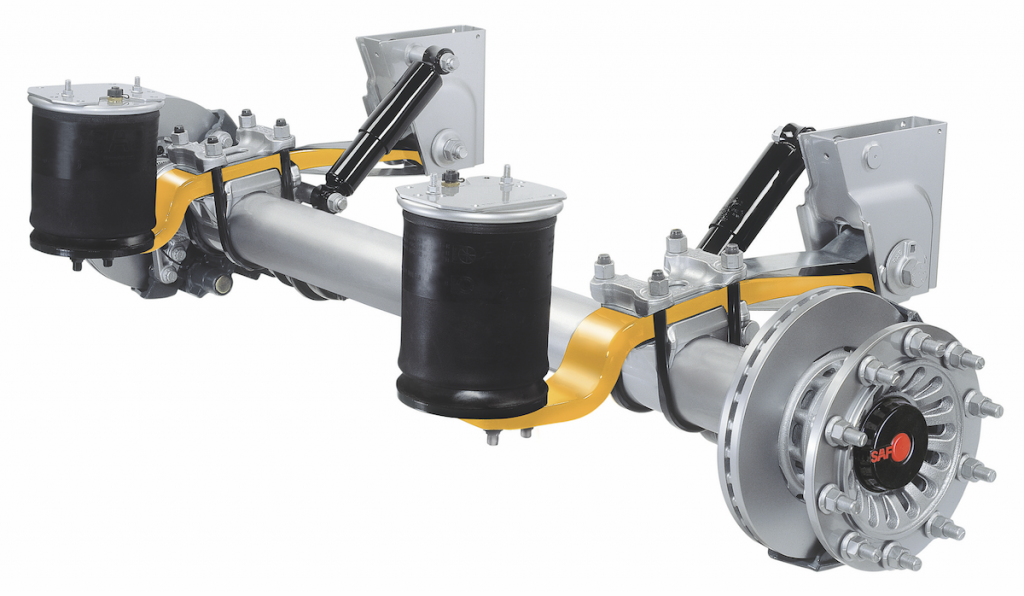
Why AdBlue is Essential for Modern Diesel Vehicles: A Complete Guide
Modern diesel vehicles rely on advanced emission control technologies to meet increasingly stringent environmental regulations. One of the most crucial components in this effort is AdBlue, a specially formulated urea solution designed to reduce harmful nitrogen oxide (NOx) emissions.
As governments and regulatory bodies worldwide impose stricter standards to combat air pollution, diesel engines must comply with measures that improve efficiency while minimising their environmental footprint. AdBlue plays a vital role in this process by enabling diesel vehicles to operate with cleaner emissions, making them more sustainable and compliant with emission laws.
Beyond regulatory requirements, the use of AdBlue contributes to improved vehicle performance and longevity, ensuring that diesel engines continue to be a viable option for businesses and individuals who rely on their efficiency and power.
What is AdBlue?
AdBlue is a high-purity, non-toxic aqueous urea solution composed of 32.5% synthetic urea and 67.5% deionised water. It is specifically formulated for use in vehicles equipped with Selective Catalytic Reduction (SCR) technology.
When injected into the exhaust system, AdBlue undergoes a chemical reaction that breaks down NOx emissions, converting them into harmless nitrogen and water vapour. This process significantly reduces the pollutants emitted by diesel engines, helping vehicles meet stringent environmental standards such as Euro 6.
Unlike fuel additives, AdBlue is stored in a separate tank and never comes into direct contact with the fuel itself. Its sole purpose is to enhance emissions control, making it an indispensable component for modern diesel vehicles that are designed to operate within regulated emission limits.
Why Modern Diesel Vehicles Need AdBlue
The necessity of AdBlue in modern diesel vehicles stems from the growing need to comply with global and national emissions regulations. In New Zealand, as in many other countries, strict environmental policies have been adopted to reduce vehicle emissions and improve air quality. Standards such as Euro 6, which limit the amount of NOx and particulate matter emitted by diesel engines, have led to the widespread adoption of SCR technology and the mandatory use of AdBlue.
NOx emissions are a major contributor to air pollution, leading to respiratory problems, smog formation, and environmental degradation. By utilising AdBlue, diesel vehicles significantly cut down on these harmful emissions, making them safer for public health and the environment.
Without AdBlue, modern diesel engines would struggle to meet legal emission standards, leading to higher operational costs, fines, and potential restrictions on vehicle usage.
How AdBlue Improves Diesel Engine Performance
While AdBlue is primarily used for emission control, its benefits extend beyond compliance with environmental regulations. One of the key advantages is the optimisation of combustion efficiency.
Since SCR technology allows diesel engines to operate at higher combustion temperatures, it leads to better fuel efficiency and reduced soot buildup. This means that vehicles using AdBlue experience cleaner engine internals, reducing wear and tear over time.
Additionally, the reduced NOx emissions contribute to a more complete and efficient fuel burn, which can lower fuel consumption and operational costs. Vehicle owners who regularly use AdBlue also benefit from prolonged engine life, as the system prevents harmful deposits from accumulating in the exhaust system, reducing maintenance needs and improving overall reliability.
In industries where diesel engines are a backbone of operations, such as transport and logistics, these advantages translate to significant long-term savings.

Common Myths and Misconceptions About AdBlue
Several misconceptions about AdBlue can lead to confusion or reluctance to use it. One common myth is that AdBlue is a fuel additive, which is entirely false. AdBlue is stored in a separate tank and does not mix with diesel; it is injected into the exhaust system as part of the SCR process.
Another widespread belief is that AdBlue negatively affects vehicle performance. In reality, AdBlue allows engines to operate more efficiently while meeting emission requirements. Some also assume that AdBlue consumption is prohibitively high, adding to vehicle running costs. However, AdBlue is consumed at a relatively low rate—typically around 5% of diesel consumption—which means that for every 100 litres of diesel used, only about 5 litres of AdBlue are required. The cost of AdBlue is minimal compared to the fines and penalties associated with failing emissions compliance.
How to Use and Maintain AdBlue in Your Vehicle
Using AdBlue correctly ensures that your vehicle remains compliant and operates smoothly. AdBlue is stored in a dedicated tank, usually identified by a blue cap, separate from the diesel fuel tank. It is crucial never to mix AdBlue with fuel, as this can cause serious engine damage.
Checking AdBlue levels is essential, as most modern diesel vehicles provide dashboard indicators to warn drivers when levels are low. Refilling AdBlue is simple and can be done at service stations, dealerships, or by purchasing certified AdBlue from trusted suppliers.
Proper storage is also important—AdBlue should be kept in a cool, dry place to prevent degradation. Contamination can compromise the effectiveness of AdBlue, so handling it with care and using dedicated dispensing equipment is recommended.
What Happens If You Run Out of AdBlue?
Running out of AdBlue can have serious consequences for your vehicle. Most modern diesel engines are programmed to enter limp mode or restrict power output if AdBlue levels fall too low.
This is a built-in safety feature designed to ensure that the vehicle does not exceed legal emission limits. Dashboard alerts typically provide ample warning before AdBlue runs out, giving drivers time to refill the system. Ignoring these warnings can lead to the vehicle refusing to start until AdBlue is replenished.
If you find yourself in an emergency situation without AdBlue, it is advisable to top up as soon as possible to avoid disruptions. Keeping a spare supply in your vehicle or knowing where to purchase it locally can prevent unnecessary downtime and inconvenience.
Choosing the Right AdBlue: Quality Matters
Not all AdBlue products are created equal, and using low-quality or counterfeit AdBlue can damage your vehicle’s SCR system. Certified, high-purity AdBlue meets ISO 22241 standards, ensuring that it works effectively without causing harm to engine components. Using substandard AdBlue may lead to crystallisation, injector blockages, and increased maintenance costs. In New Zealand, reputable suppliers and service stations stock high-quality AdBlue, making it easy for vehicle owners to purchase reliable products. Investing in the right AdBlue ensures that your diesel vehicle continues to operate efficiently and remains compliant with emission regulations.
The Future of Diesel Vehicles and Emission Control
As emission control technologies continue to evolve, the role of AdBlue is expected to grow in importance. With advancements in SCR systems, newer diesel vehicles are becoming even more efficient in reducing NOx emissions. Additionally, hybrid diesel-electric vehicles are beginning to integrate SCR technology, further improving environmental performance.
Despite the rise of electric vehicles, diesel engines remain critical for industries such as transportation, agriculture, and construction. Innovations in AdBlue formulation and SCR technology will likely continue to improve, ensuring that diesel vehicles remain a viable and sustainable option in the foreseeable future.
Wrapping Up
AdBlue is a fundamental component of modern diesel vehicles, enabling them to meet stringent emission regulations while maintaining efficiency and performance. By reducing harmful NOx emissions, AdBlue plays a crucial role in improving air quality and supporting environmental sustainability.
Proper use and maintenance of AdBlue are essential for vehicle compliance, longevity, and operational reliability. As emission standards become even stricter, staying informed about AdBlue and its benefits will help diesel vehicle owners navigate regulatory requirements and make the most of their engines.
Ensuring access to high-quality AdBlue and adhering to best practices will allow businesses and individuals to continue using diesel-powered vehicles with confidence, efficiency, and responsibility.



